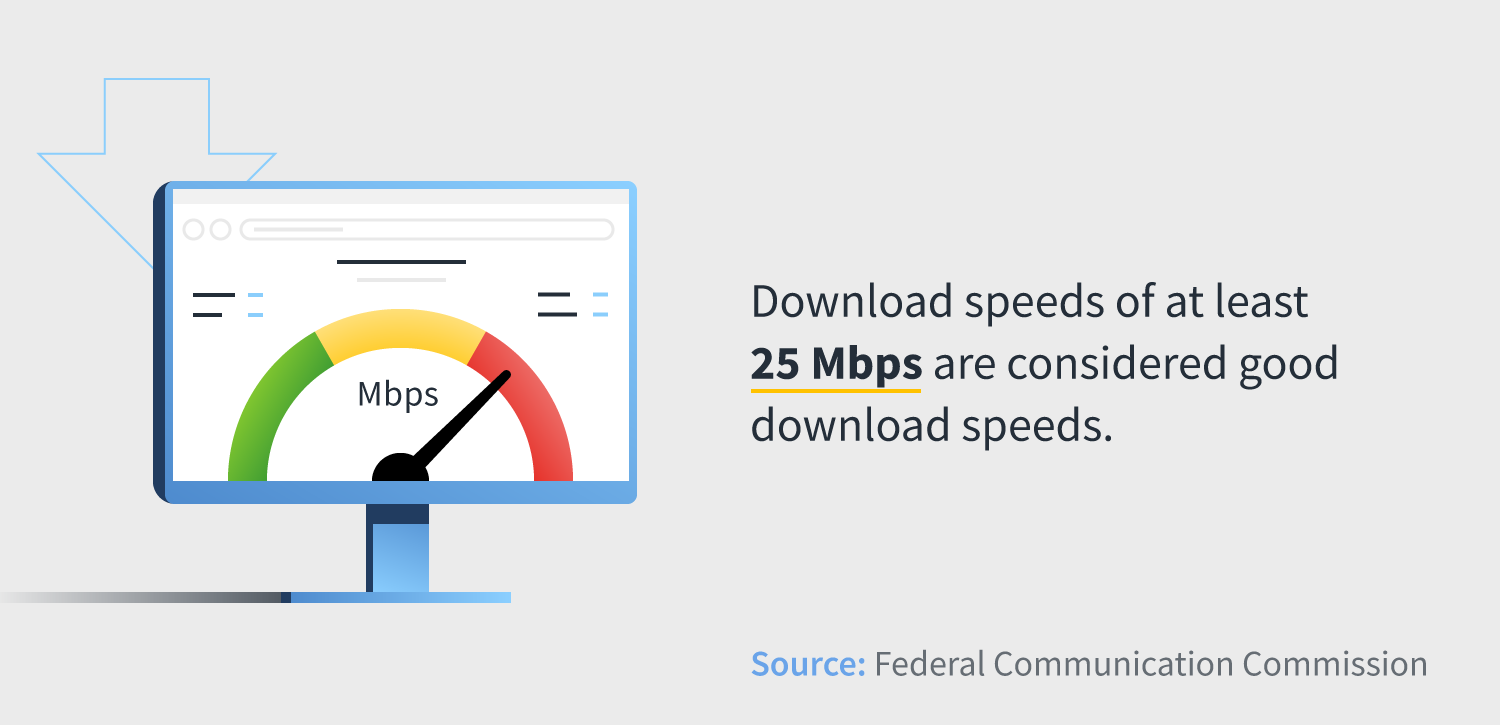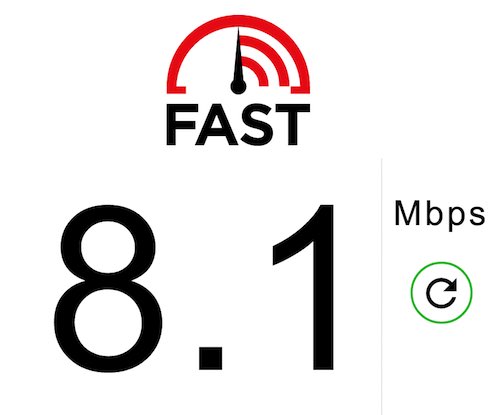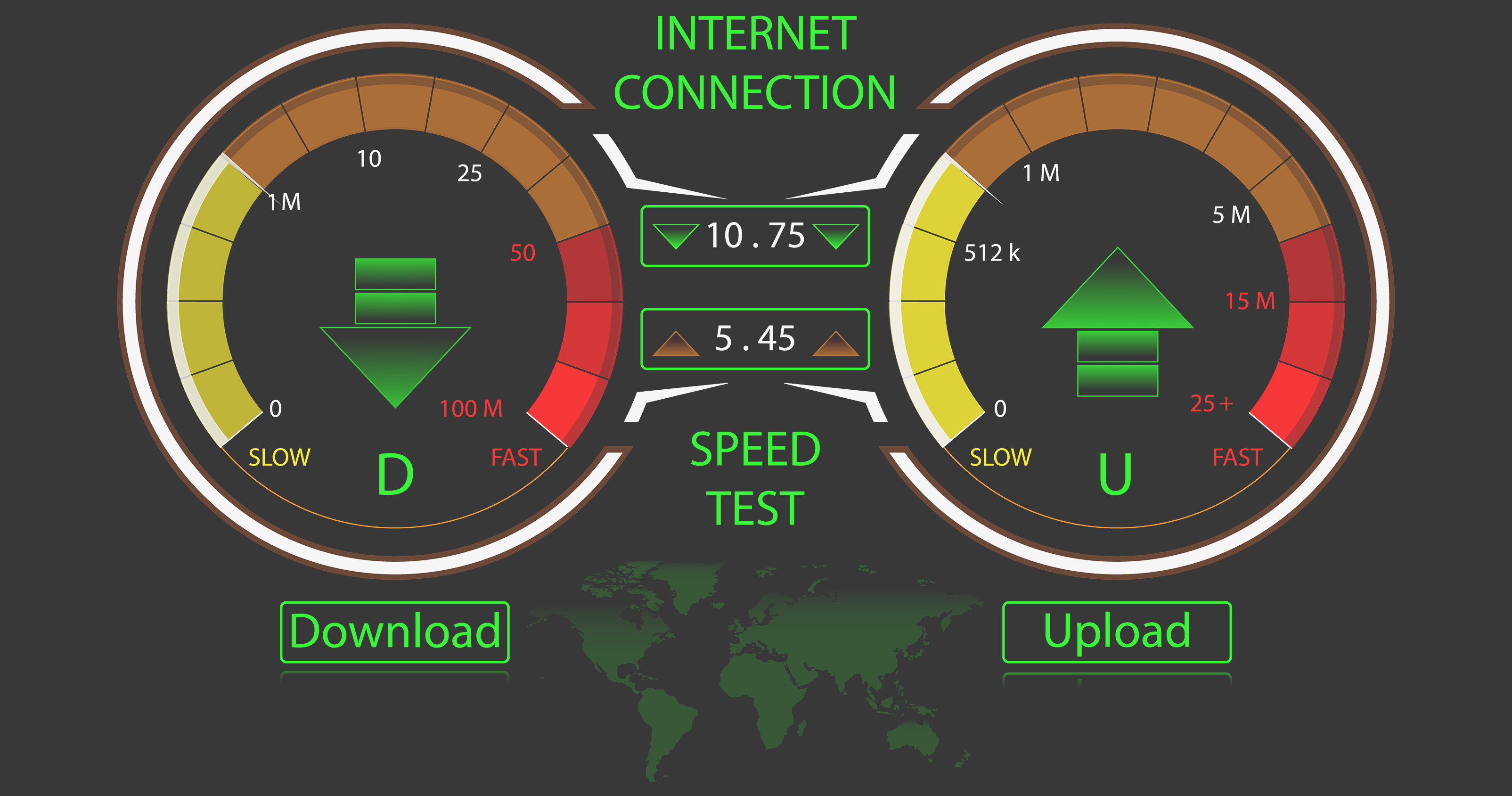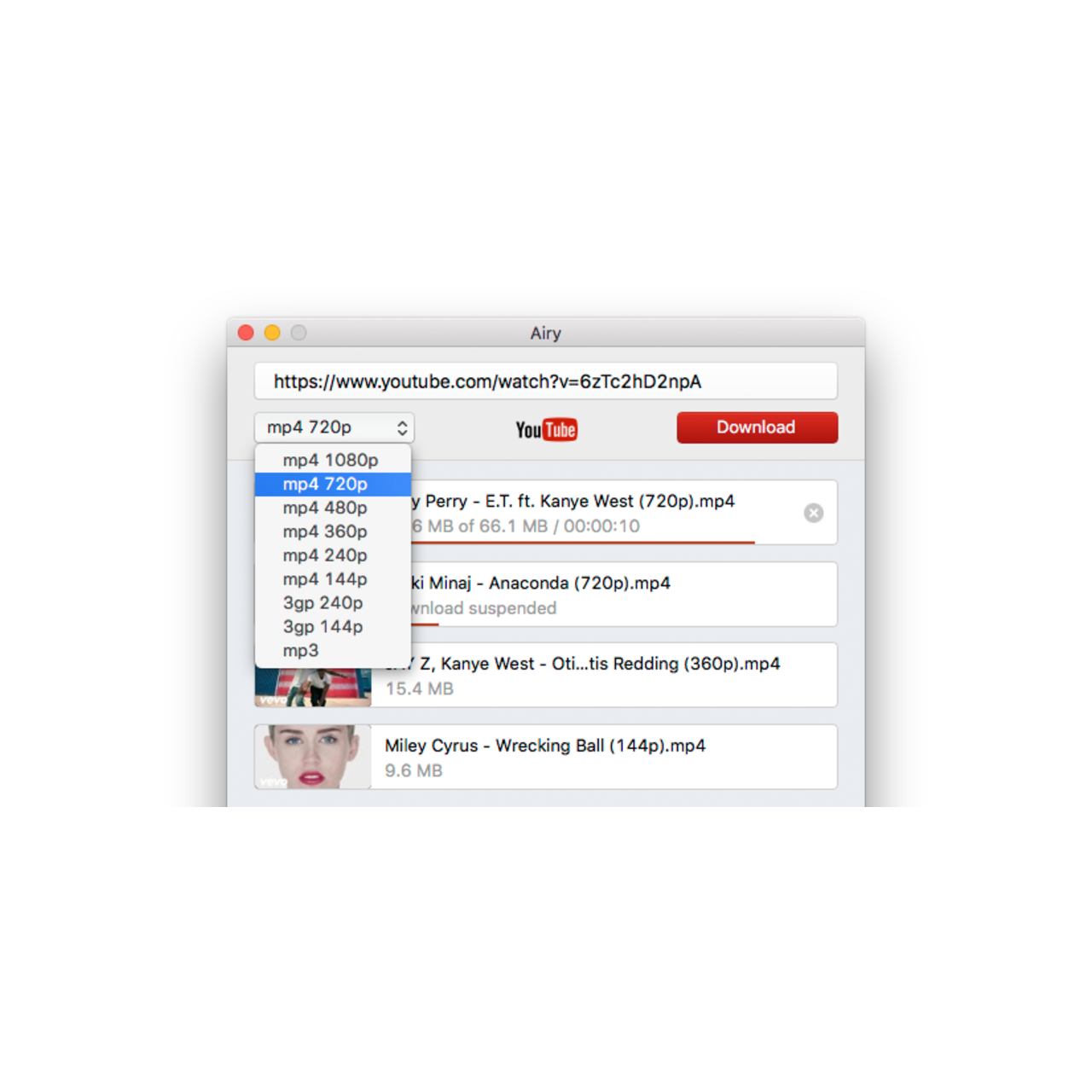

File sizes are expressed in bytes (upper case B), and there are 8 bits to a byte. Network throughput (aka speeds) are always in bits per second (lower case b). It's at this point I will point out the difference between bits and bytes, just in case. And if you can prove you aren't getting them, get on the horn to their billing department for some refunds. You will need to read the fine print to see what your guaranteed speeds are.

You will need to talk to your choice of internet service provider (ISP) and ask about taking out a fibre broadband contract.Are the speeds actually that fast or do they hover lower than that? Remember, if fibre broadband is available in your area speeds will not improve automatically. See:Ĭ.uk - How to make your broadband faster How do I get fibre broadband? There are several practical things you can do to improve your broadband speed. What can I do to improve my broadband speeds?

You can test your current broadband speed here:

How fast is your internet connection now? Do a speed test We define superfast broadband as being 24Mbps or more. A high number should mean that downloads complete more quickly, webpages load faster, streaming of music or videos begins more rapidly and any video calls or online games played should display smoothly. The higher the number of Mbps (megabits per second) you have, the speedier your online activity should be. Bits are tiny units of data, with a megabit representing a million of them. Broadband speeds are measured in 'megabits per second', often shortened to Mb Mbits p/s or Mbps.


 0 kommentar(er)
0 kommentar(er)
